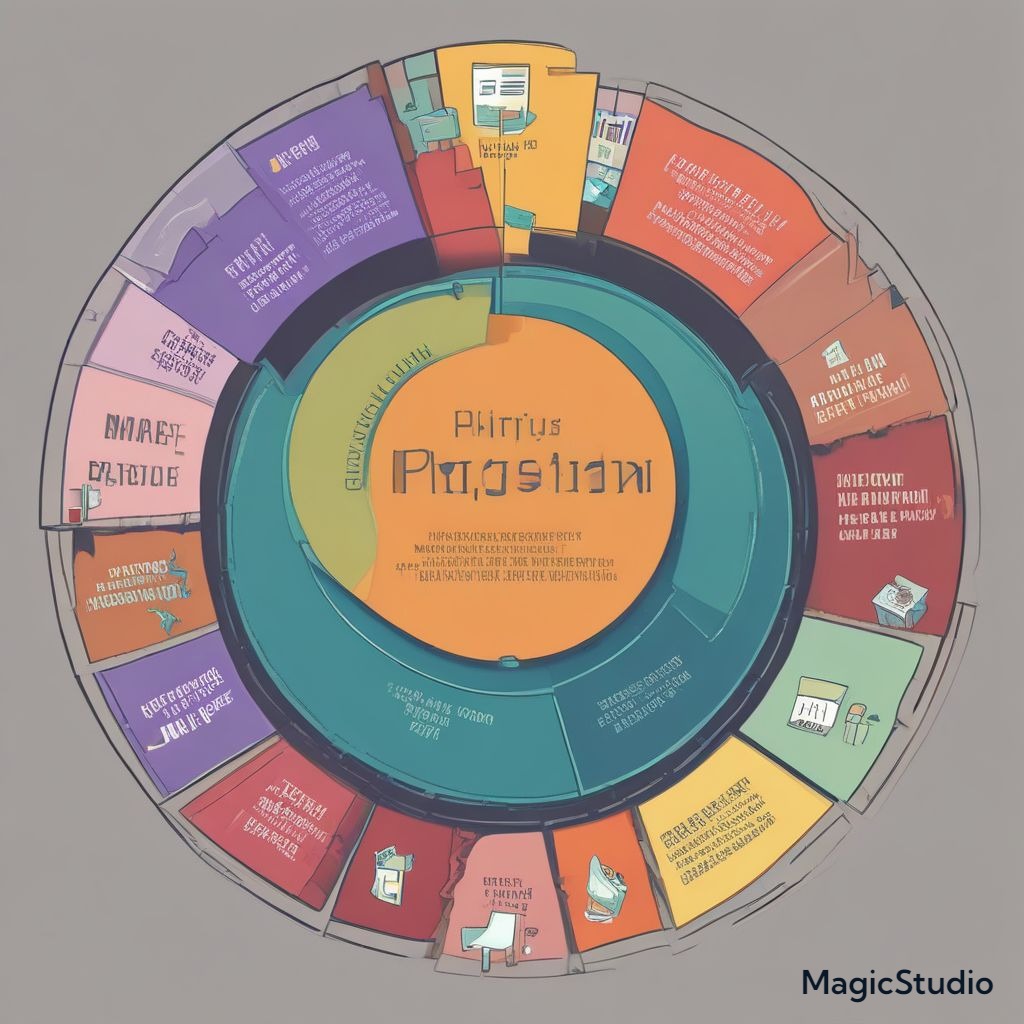Investing during uncertain economic times can be daunting, but it also presents unique opportunities for building a recession-proof portfolio. A well-structured investment strategy that focuses on stability and consistent returns can help safeguard your wealth and prepare you for any economic downturn. In this blog, we’ll explore the best ways to invest in a recession-proof portfolio, ensuring your investments are resilient against economic fluctuations.
Understanding a Recession-Proof Portfolio
A recession-proof portfolio is designed to withstand economic downturns while preserving capital and providing potential growth. Key characteristics of such a portfolio include diversification, an emphasis on essential goods and services, and an inclination toward stable income sources.
Key Features of a Recession-Proof Portfolio:
- Diversification: Spreading investments across various asset classes to mitigate risk.
- Defensive Stocks: Investing in sectors that perform well regardless of economic conditions.
- Fixed-Income Securities: Including bonds and other fixed-income assets for stability and predictable returns.
1. Focus on Defensive Stocks
Defensive stocks are shares in companies that provide essential goods and services, making them less susceptible to economic fluctuations. These stocks tend to perform consistently, even during recessions.
Sectors to Consider:
- Consumer Staples: Companies that produce essential products such as food, beverages, and household items (e.g., Procter & Gamble, Coca-Cola).
- Healthcare: Firms providing medical supplies, pharmaceuticals, and healthcare services often remain resilient during economic downturns (e.g., Johnson & Johnson, Pfizer).
- Utilities: Companies in the utility sector provide essential services like water, electricity, and gas, making them stable investment options (e.g., Duke Energy, Southern Company).
2. Consider Dividend Stocks
Dividend stocks are shares in companies that return a portion of their profits to shareholders in the form of dividends. These stocks not only provide a potential for price appreciation but also offer a reliable income stream, making them attractive during recessions.
Advantages of Dividend Stocks:
- Steady Income: Regular dividend payments can provide financial stability even when stock prices are volatile.
- Reinvestment Opportunities: Dividends can be reinvested to purchase more shares, compounding your returns over time.
3. Invest in Bonds and Fixed-Income Securities
Bonds and other fixed-income securities are less risky than stocks and can provide stable returns. During economic downturns, they can act as a safe haven for investors seeking stability.
Types of Bonds to Consider:
- Treasury Bonds: Issued by the government, they are considered one of the safest investments.
- Corporate Bonds: Choose high-quality bonds from financially stable companies to reduce risk.
- Municipal Bonds: These bonds are issued by local governments and often provide tax-exempt income.
4. Explore Real Estate Investment Trusts (REITs)
Real Estate Investment Trusts (REITs) offer a way to invest in real estate without having to own physical property. They can provide a consistent income stream through dividends and can be a good hedge against inflation.
Benefits of REITs:
- Diversification: Investing in various properties (commercial, residential, industrial) spreads risk.
- Liquidity: Unlike physical real estate, REITs can be bought and sold on stock exchanges, providing easier access to your investments.
5. Look for Precious Metals and Commodities
During recessions, precious metals like gold and silver often retain value and can serve as a hedge against inflation and market volatility.
Reasons to Invest in Precious Metals:
- Store of Value: Gold has historically maintained its value during economic downturns.
- Portfolio Diversification: Precious metals can help diversify your portfolio and reduce overall risk.
6. Utilize Cash and Cash Equivalents
Maintaining a portion of your portfolio in cash or cash equivalents (like money market funds) allows you to take advantage of investment opportunities that arise during market downturns.
Advantages of Cash Reserves:
- Liquidity: Quick access to funds can provide flexibility during economic uncertainty.
- Risk Mitigation: Cash positions can help buffer against market volatility.
7. Consider Alternative Investments
Alternative investments can offer unique opportunities for diversification and risk management. These may include hedge funds, private equity, or even collectibles like art and antiques.
Benefits of Alternative Investments:
- Low Correlation to Traditional Markets: Alternatives often do not move in tandem with stocks and bonds, providing a hedge during market downturns.
- Potential for Higher Returns: Some alternative investments can yield significant returns, depending on market conditions.
